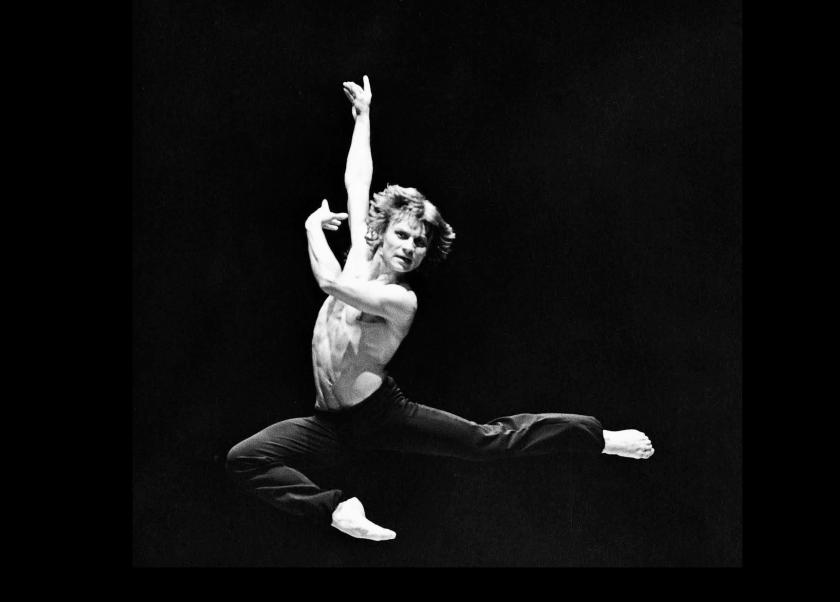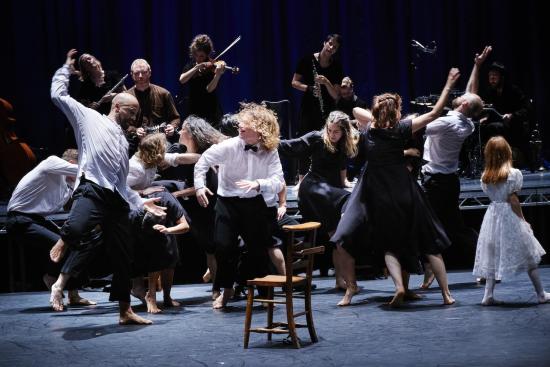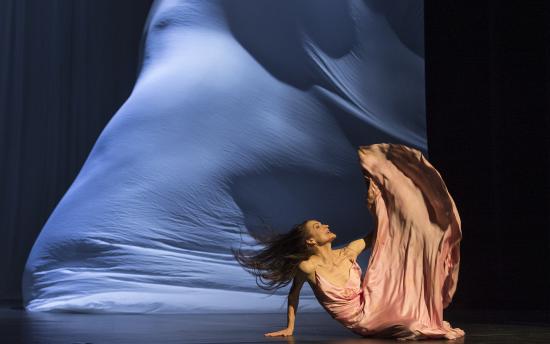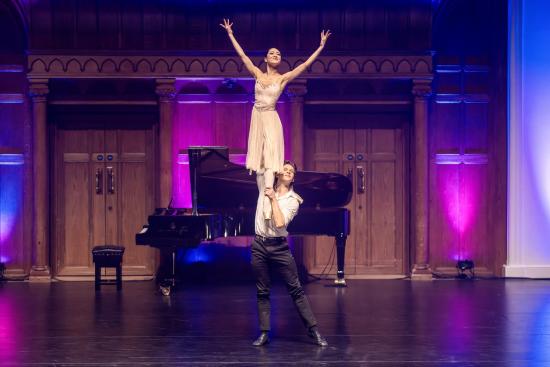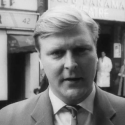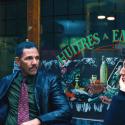dance reviews, news & interviews
the future of arts journalism
You can stop theartsdesk.com closing!
We urgently need financing to survive. Our fundraising drive has thus far raised £33,000 but we need to reach £100,000 or we will be forced to close. Please contribute here: https://gofund.me/c3f6033d
And if you can forward this information to anyone who might assist, we’d be grateful.

latest in today
We are bowled over! We knew that theartsdesk.com had plenty of supporters out there – we’ve always had a loyal readership of arts…
As a disillusioned ex-admirer – like so many – it’s with a degree of dread that I approach Morrissey’s 14th solo album (the first for…
It’s that time of year again. The 2026 Formula 1 season kicks off in Melbourne this coming Sunday, and as night follows day, here’s the…
Birgitta Trotzig’s Queen is a strikingly poetic, persistently grim semi-fairy tale set at one of the edges of Europe: a strange, windswept…
I’ll never forget watching Tracey Emin reduce an audience to tears at the Royal Festival Hall. About 25 people were expected, but some 500…
The indomitable Nicolas Kent has devised a new theatre piece to prick our consciences and refocus our minds, after his sterling work on the…
The Somnambulist, the debut album from Lunar & The Deception, showcases a goth-leaning rock which is imbued with a good dash of the…
Pretty much any performance of Mahler’s “Resurrection” Symphony is a special occasion, but this one perhaps more so than most. For one…
Mark Simmons is, in the nicest possible way, an old-fashioned comic, in that he tells jokes. Puns, one-liners, slow-burners, delayed…
Journalist Daniel Farson’s meteoric rise is neatly outlined on this disc, containing 14 of the short television films he presented for the…
Most read
It's a real pleasure to see Tim Roth strutting his stuff in Cannes, on screen and off. Roth knows the place well, having been here as an…
The brainchild of Derry Girls creator Lisa McGee, this is a strange and tortuous tale which defies easy categorisation. There’s plenty of…
Thespians and thieves have often pooled their resources in movies, notably in the work of Woody Allen. Since acting is basically a form of…
Serge Gainsbourg died in 1991. His son Lulu was five at the time. Dad and son shared the given name Lucien. Now, they share more than that…
Anyone mesmerized by the mosaics in seven of Ravenna’s eight Unesco world heritage sites may be surprised by the historical scope of Judith…
Somewhere in the bowels of the BBC, far away from the overheated stories of serial killers and female mutilation that clamour for the…
VINYL OF THE MONTHAriel Sharratt & Matthias Kom Never Work (BB*Island) + Ella Ronen The Girl With No Skin (BB*Island)Two offbeat albums…
Every February the Sadler’s Wells flamenco festival summons the illusion of Spanish sun onto our chilled, grateful backs - this year…
There is joy, energy – and no little irony – about the way that Hollywood stars Hugh Jackman and Kate Hudson play and sing the parts of a…
It’s that time of year again. The 2026 Formula 1 season kicks off in Melbourne this coming Sunday, and as night follows day, here’s the…


